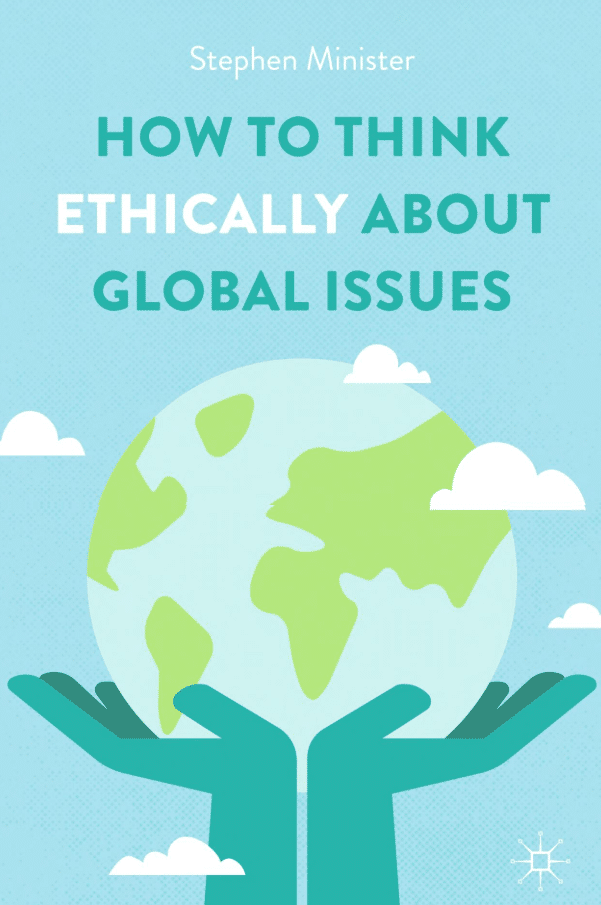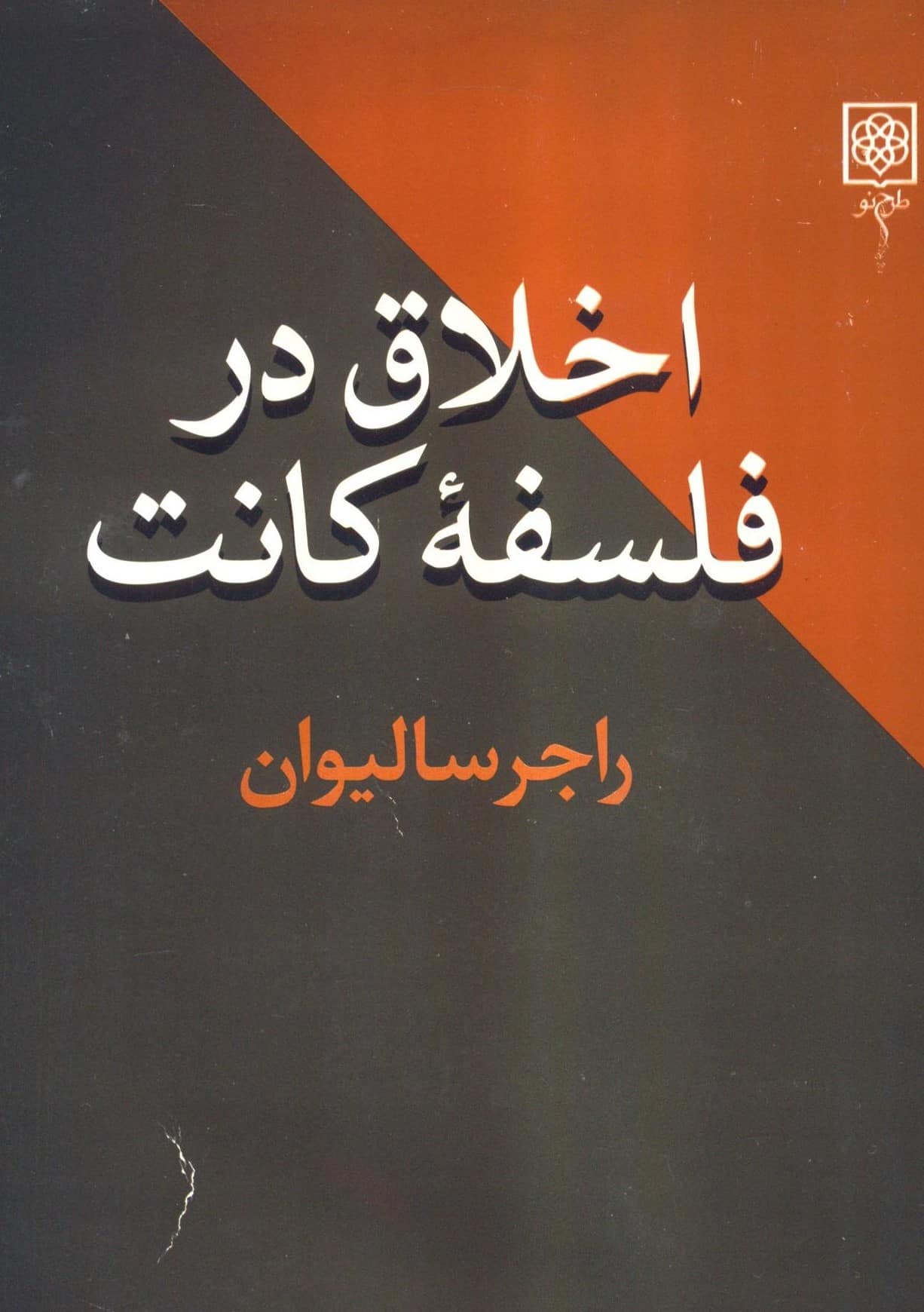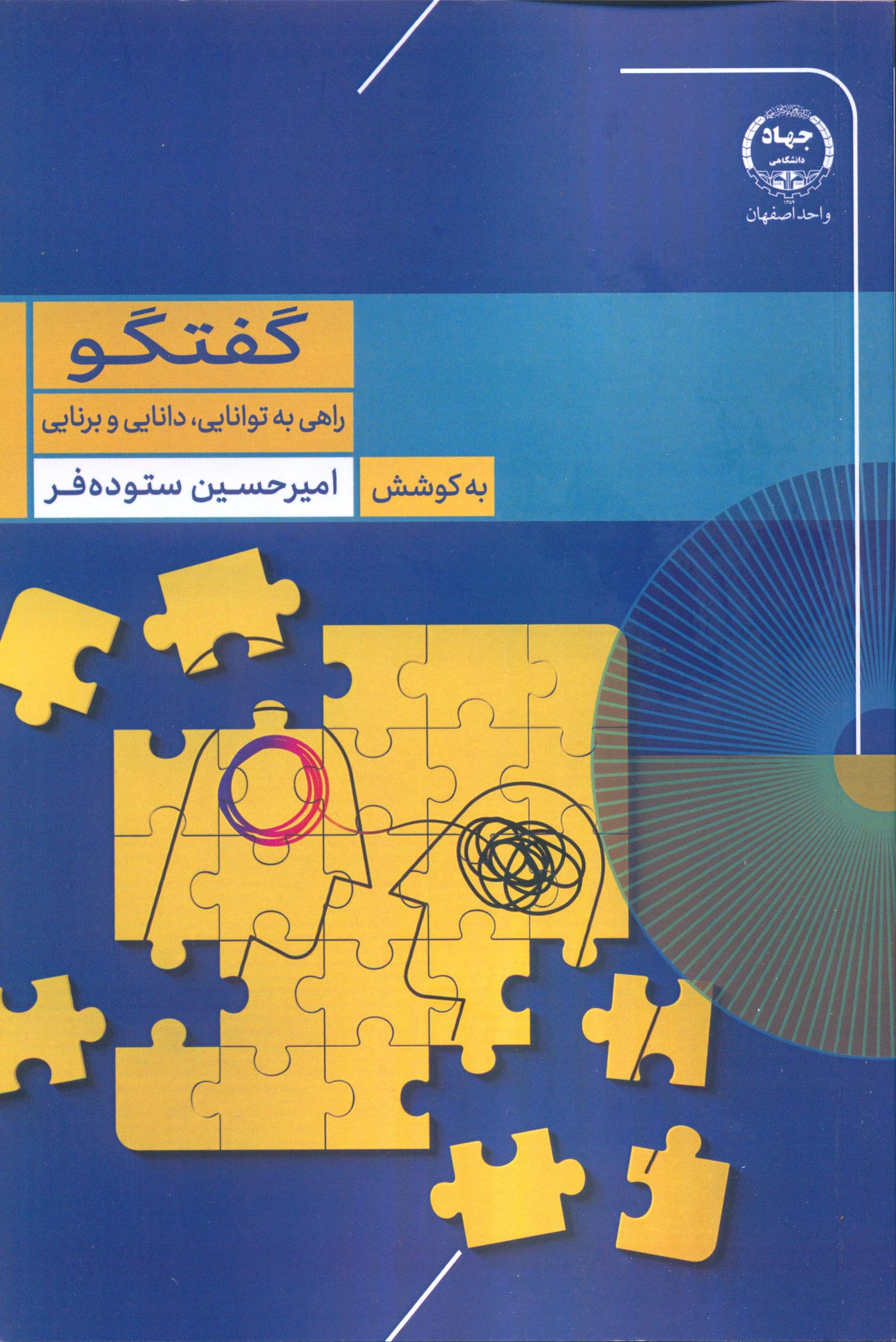پاتریک ریوردان، با پیروی از مسیری که در اصل ارسطو پیشگام در پرسش از آن است، رویکرد متفاوتی را نسبت به مسائل اخلاق جهانی اتخاذ می کند؛ برای ارسطو اساسی ترین پرسش دربارۀ اخلاق این است که «زندگی خوب چیست؟» بنابراین در چارچوب اخلاق جهانی معاصر پرسشگر ارسطویی در مورد زندگی خوب در مقیاسی جهانی دچار سردرگمی میشود. کتاب اخلاق جهانی و خیرات مشترک جهانی، شکاف ناشی از غفلت از مبحث خیر در اخلاق جهانی در منابع موجود را پر می کند. ریوردان با طرح پاسخ به سؤالاتی مانند “خیر چیست؟” و “آیا بالاترین خیر وجود دارد؟” شروع و سپس ارزش گونهای چشم انداز ناظر به خیر مشترک در این قبیل موضوعات را تبیین میکند: حقوق بشر جهانی و نهادها و عملکردهایشان، مطالعه روابط بین الملل و بنای سازمانهای جهانی. ریوردان بر سر عدالت جهانی بین جهان وطنی، ملی گرایی، و جهانی سازی اقتصادی مناقشه میکند. پرسشهای فلسفی که از این مناقشهها برمیآیند مشخصاند وقابل ردیابی، پرسشی مانند مسئله ماهیت مشترک انسانی که به نظر میرسد پیشفرض زبان حقوق جهانی است. برای دانشجویان باتجربۀ فلسفه سیاسی و روابط بینالملل، این کتاب متنی حیاتی در میان منابعی است که فرصتهایی را در دانش سیاست ورزی در مقیاسی جهانی کاوش میکند، در عین حال که چشم انداز ناظر به خیر مشترک بُعد جدید و برجستهای را به مناقشههای جاری دربارۀ امنیت جهانی و چالشهای مدیریت بحران اضافه مینماید.
Patrick Riordan takes a different approach to the questions of global ethics by following the direction of questioning initially pioneered by Aristotle; for him, the most basic question of ethics is ‘what is the good life? So in the context of contemporary global ethics, the Aristotelian questioner wonders about the good life on a global scale. Global Ethics and Global Common Goods fill the gap in existing literature caused by the neglect of the topic of the good in global ethics. Beginning by outlining answers to questions such as ‘what is good?’ and ‘is there the highest good?’ Riordan demonstrates the value of a common good perspective in matters of universal human rights and their institutions and practices, the study of international relations and the construction of global institutions, and debates about global justice between cosmopolitanism, nationalism, and economic globalization. Philosophical questions provoked by these debates are identified and pursued, such as the question of a common human nature which seems presupposed by the language of universal rights. For experienced students of political philosophy and international relations, this is a crucial text in the literature exploring the possibilities for politics on a world scale, while the perspective of the common good adds a new and distinctive dimension to current debates on global security and the challenges of managing conflict.
Title: Global Ethics and Global Common Goods
Author: Patrick Riordan
Publisher: Bloomsbury, 2015
ISBN: 1474240062, 9781474240062
Length: 222 pages
Riordan, Patrick (2015). Global Ethics and Global Common Goods. London: Bloomsbury.




